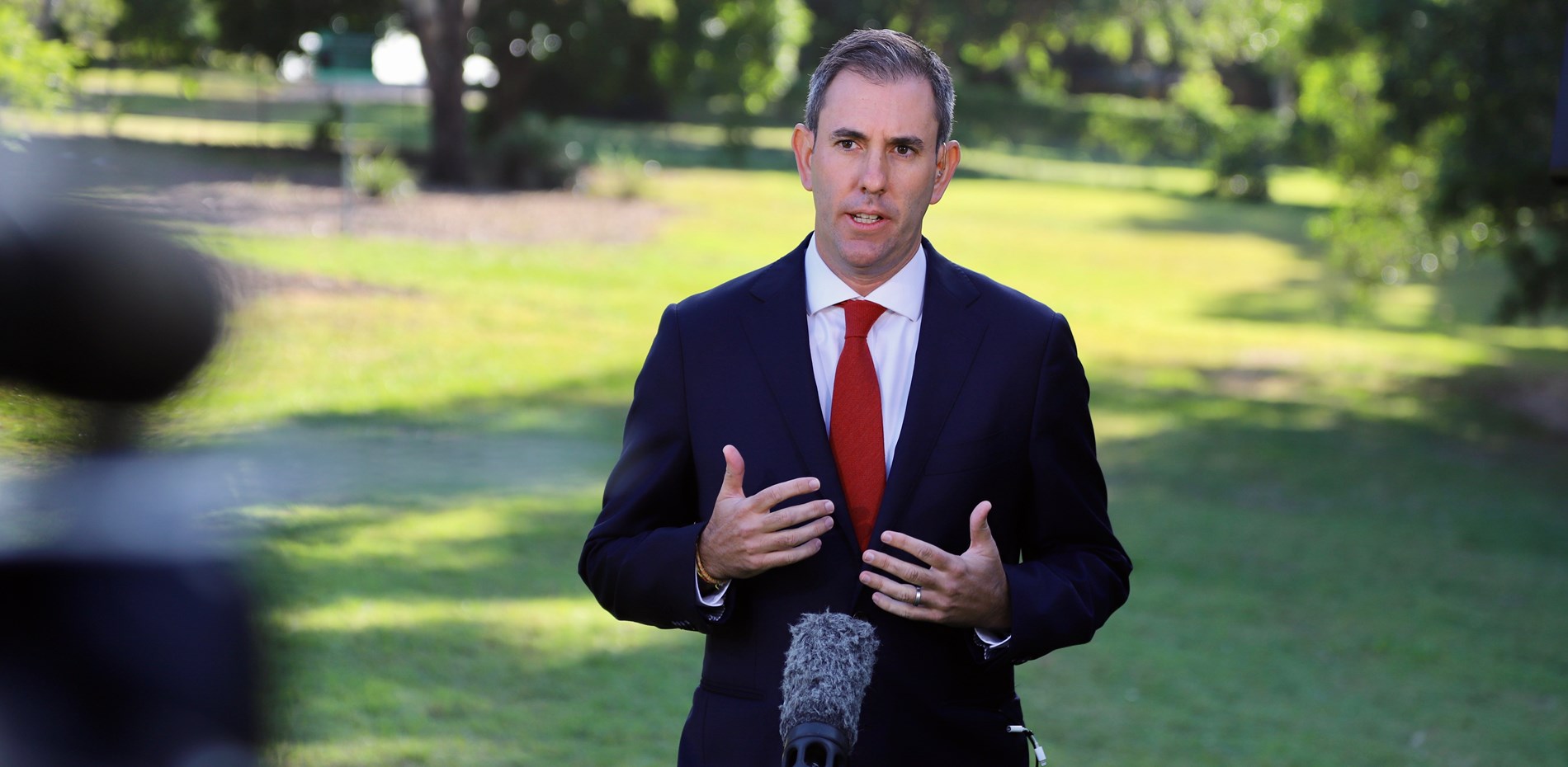“Older Australians deserve respect and dignity in aged care and this Budget takes the first steps to deliver the reforms that they so badly need.”

The Federal Budget 2022 was released on 25 October.
Although the Federal Budget considered the aged care sector, it definitely was not the centre of its focus.
The Aged and Community Care Providers Association (ACCPA) said this is a budget where “aged care is not the centrepiece”:
“This is a Budget where aged care is not the centrepiece. It is a Budget that is focused on implementing election commitments, addressing cost of living concerns and workforce pressures, and setting a fiscal strategy to reduce future deficits.”
So, what does the Budget cover for the sector?
Here’s the health and aged care budget at a glance:
Restoring the aged care sector
There have been many reforms as of late discussing the issues of safety, both for the resident and the worker within aged care, so it’s of no surprise that the Budget is directly investing in this area of concern.
Important changes to note:
- The Government is investing $2.5 billion into new legislated requirements for residential aged care homes to have an RN onside 24/7.
- Mandatory care time requirements will also be lifted to 215 care minutes, including 44 nursing minutes by 1 October 2024.
- $810.2 million of support due to COVID-19 outbreaks will be directly reimbursed in both residential and home care.
- Aged Care ICT platforms will receive $312.6 million to streamline processes that will enable workers to spend more time caring and will increase transperancy and up-to-date information through My Aged Care.
- An investment of $3.6 millionwill establish a new national registration scheme for personal care workers.
- An additional $5 million will help train aged care staff on how to source, prepare and serve more nutritious and appetising food.
- $9.9 million will establish an Aged Care Complaints Commissioner while $38.7 million will establish an Inspector-General of Aged Care.
- The $68.5 million Strengthening Regional Stewardship measure will expand the Department’s local presence to better lead and respond to aged care matters on the ground, including in eight regional locations.
- $23.1 million will be set aside for research and consultation to deliver an equitable program.
- The Government will introduce price caps for administration and management charges and ban exit fees to make costs fairer to recipients.
- Older First Nations peoples, those from diverse communities, older people living with dementia and older Australians in regional areas will benefit from $26.1 million of targeted funding for individual aged care homes.
- Funding for the Disability Support for Older Australians (DSOA) Program will be extended through $53.5 million.
- The Government is also committed to growing and strengthening the aged care workforce by supporting the case for better aged care pay at the Fair Work Commission and the commitment to fund the outcome of this case.
Reforms to in-home aged care will start from 1 July 2024.

General health care
- $185.3 million workforce package will support more doctors and allied health professionals to work in regional and rural communities and improve treatment and care for patients.
- $24.7 million will be invested to attract, support, and retain rural health professionals through the successful Innovative Models of Care program.
- $74.1 milllion will make incentive payments of up to $10,500 available to GPs and rural generalists with advanced clinical skills to practice in rural and remote communities.
- More health workers will be eligible for salary support through the Workforce Incentive Program thanks to a $29.4 million expansion.
- Nurses and midwives will receive more support through the $25.2 million National Nurse and Midwife Health Service (NNHMS) which will provide free, confidential and independent advice, support, information, treatment and specialist referrals.
- 20 new Commonwealth-funded medical training places at James Cook University will help alleviate medical workforce shortages in North Queensland.
- The John Flynn Prevocational Doctor Program will be expanded to more than 1,000 places by 2026 through a $5.6 million investment.
- There is also $11.7 million for new training posts for GPs, GPs in training and rural generalists to develop skills training in areas such as obstetrics, palliative care, paediatrics and mental health.
For more information on how the Budget affects the aged care and health care industries, click here.









